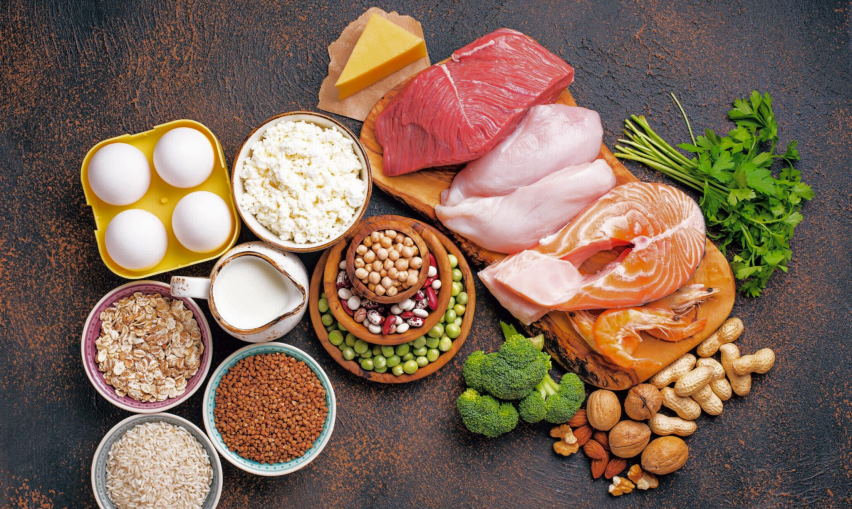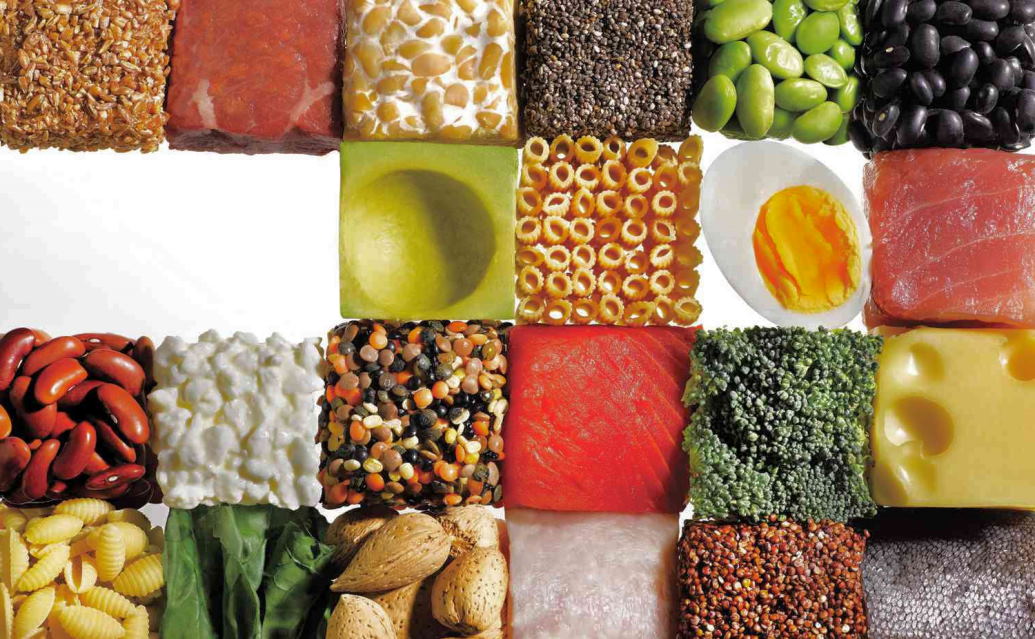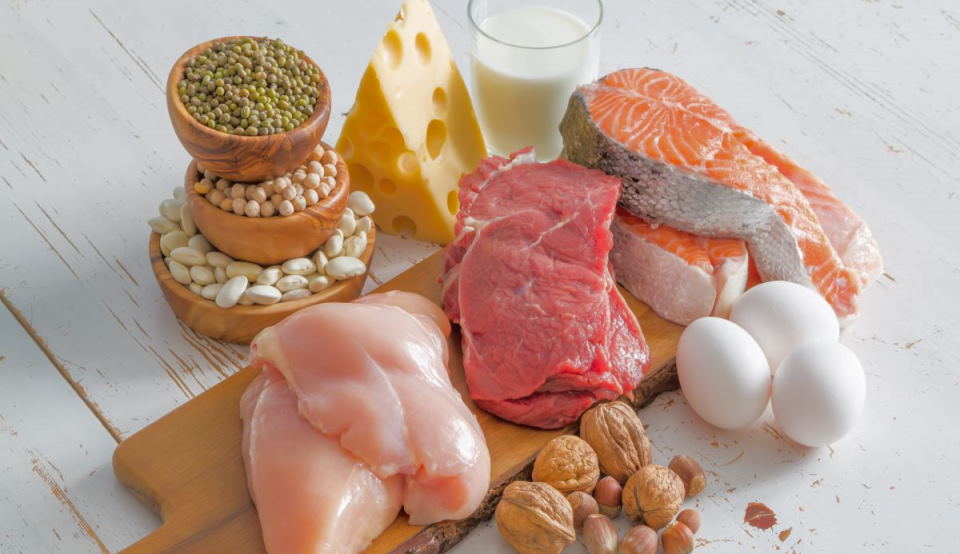Ways to Make Sure You’re Getting Enough Protein

If you want to ensure you’re getting enough protein, there are a few things you can do. First, include protein-rich foods at every meal. Second, spread your protein intake throughout the day by eating smaller meals or snacks that contain protein. And finally, make sure you include a variety of protein-rich foods in your diet to get all the essential amino acids your body needs. By following these simple tips, you can be sure you’re getting all the protein your body needs to stay healthy and strong.
How much protein does the average person need to eat every day?
There is no one-size-fits-all answer to this question, as the amount of protein you need to consume each day depends on factors such as your age, activity level, and muscle mass. However, the consensus is that most people need between 0.36 and 0.45 grams of protein per pound of body weight (0.8-1 g/kg) to maintain muscle mass. So, if you weigh 150 pounds (68 kg), you need to eat 54-68 grams of protein daily.
If you are trying to build muscle or lose weight, you may need to consume more protein than the average person. For example, studies have shown that people trying to build muscle must consume 0.55-0.73 grams of protein per pound of body weight (1.2-1.6 g/kg) to see results. So, if you weigh 150 pounds (68 kg), you need to eat 82-109 grams of protein daily.
It is also important to note that the quality of the protein you consume is just as important as the quantity. For example, protein from sources such as lean meats, poultry, fish, legumes, and dairy products is typical of a higher quality than protein from sources such as processed meats and full-fat dairy products. This is because these foods contain all of the essential amino acids your body needs to build muscle, whereas some plant-based proteins may be lacking in one or more.
Protein is an essential macronutrient that plays a role in numerous bodily functions. Therefore, consuming enough protein each day is important to meet your individual needs. The best way to do this is to include a variety of high-quality protein sources in your diet and to spread your protein intake evenly throughout the day.

High-protein foods to add to your diet
Are you concerned about getting enough protein? Here are some tips to make sure you’re getting enough of this essential nutrient:
- Eat protein-rich foods at every meal. Good protein sources include lean meats, poultry, fish, beans, lentils, tofu, nuts, and seeds.
- Incorporate protein shakes or smoothies into your daily routine. You can make these yourself or buy them premade. Be sure to choose ones that are low in sugar and high in protein.
- Snack on protein-rich foods throughout the day. This will help keep your energy levels up and prevent you from overeating at mealtimes. Good snack options include yogurt, cottage cheese, hard-boiled eggs, nuts, and seeds.
- If you struggle to get enough protein in your diet, consider taking a supplement. Protein powders are an easy way to increase your intake of this nutrient. Just be sure to choose one that is high quality and free of additives.
Following these tips will help ensure you get enough protein daily. This is important for maintaining muscle mass, keeping energy levels up, and preventing overeating.
Signs you’re not getting enough protein
Do you feel tired all the time? Feeling cranky or irritable? You may be lacking in protein. Protein is essential for maintaining energy levels, as well as keeping your mood stable. It also helps repair muscle tissue and keeps your immune system functioning properly. If you’re not getting enough protein, here are some signs to look out for:
- You’re always tired
If you find yourself feeling exhausted all the time, it could be a sign that you’re not getting enough protein. Protein provides your body with the energy it needs to function properly. Without enough protein, you may find yourself feeling constantly tired.

- You’re moody or irritable
Protein helps keep your mood stable by regulating the levels of serotonin in your brain. Serotonin is a hormone that helps regulate mood. If you’re not getting enough protein, you may find yourself feeling more irritable or moody than usual.
- You’re always hungry
Protein helps to keep you feeling fuller for longer by slowing down the rate at which food empties from your stomach. If you’re constantly feeling hungry, it could be a sign that you’re not getting enough protein.
- You have trouble concentrating
Protein is essential for proper brain function. Without enough protein, you may find it difficult to concentrate or focus on tasks.
- You’re losing muscle mass
Protein is essential for maintaining and repairing muscle tissue. If you’re not getting enough protein, you may start to lose muscle mass.
- You’re constantly getting sick
Protein helps to keep your immune system functioning properly. Without enough protein, you may find yourself getting sick more often than usual.
If you’re experiencing any of these signs, it’s important to talk to a doctor or dietitian to make sure you’re getting enough protein. Protein is an essential nutrient that plays a vital role in your health. Make sure you’re getting enough by including protein-rich foods in your diet and speaking to a healthcare professional if you have any concerns.
